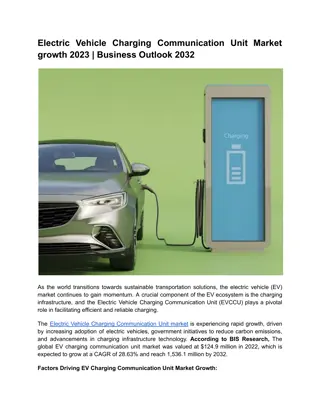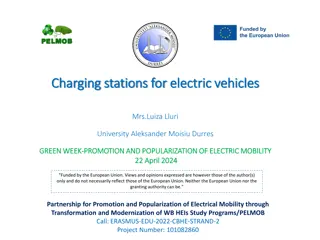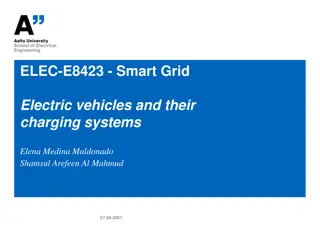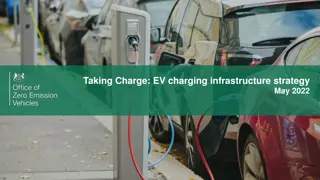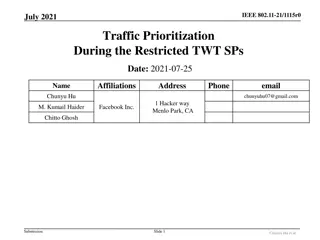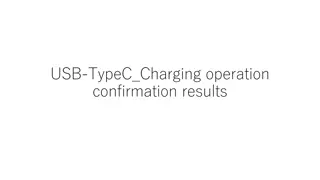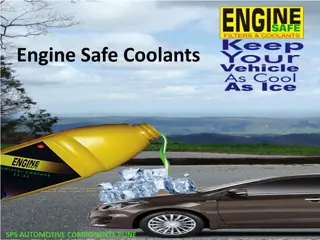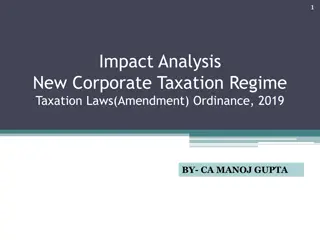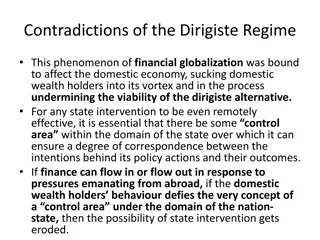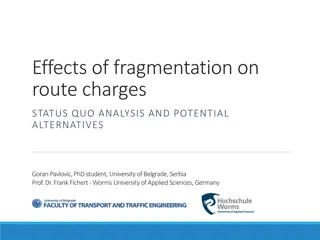BTOM SPS Regime Charging
There are standard charges associated with importing Sanitary and Phytosanitary goods under the BTOM regime, including Border Control Post charges and documentary & inspection fees. Learn about payment methods, non-standard fees, and how charges are applied for plants, animal products, and other goods.
Download Presentation

Please find below an Image/Link to download the presentation.
The content on the website is provided AS IS for your information and personal use only. It may not be sold, licensed, or shared on other websites without obtaining consent from the author.If you encounter any issues during the download, it is possible that the publisher has removed the file from their server.
You are allowed to download the files provided on this website for personal or commercial use, subject to the condition that they are used lawfully. All files are the property of their respective owners.
The content on the website is provided AS IS for your information and personal use only. It may not be sold, licensed, or shared on other websites without obtaining consent from the author.
E N D
Presentation Transcript
BTOM SPS Regime Charging What are the associated charges and how to pay them
CHARGING (standard charges) There are two standard charges associated with imports of Sanitary and Phytosanitary (SPS) goods and the BTOM: a Border Control Post (BCP) charge by point of entry and a documentary & inspection charge. 1. The BCP charge is the cost levied by commercial ports and airports for use of the BCP at the nominated Point of Entry (PoE). For the planned government-run BCP at Sevington, the associated BCP charge is the Common User Charge (CUC). For more details on the commercial charges set by your nominated point of entry please look on the relevant website or contact them direct. To note, some ports and airports will not charge a BCP charge unless the consignment is called for an inspection. 2. The SPS documentary & inspection charge is the cost associated for any checks that your goods may undergo these consist of documentary, identity and physical inspections. These charges are levied by the Port Health Authority (PHA) in England & Wales and the Local Authority in Scotland, at your nominated point of entry for animal products. For plants and plant products, these charges are payable to the Animal & Plant Health Agency (APHA) in England and Wales and to the Scottish Government (SASA) in Scotland.
DOCUMENTARY & INSPECTION CHARGES For plants and plant products (imported to England & Wales): Charges apply, regardless of whether your consignment has been inspected. This charge covers documentary, identity and physical inspection costs. By spreading this charge across all imports, the consignment level cost is drastically reduced, whilst also providing businesses the certainty of charge to support effective trade planning. APHA inspection charges can be found here. For plants and plant products (imported to Scotland): All goods that qualify for checks will be charged, regardless if inspections take place. As above this supports trade by drastically reducing the consignment level inspection rate. Scottish government (SASA) charges can be found here For animal products (imported into GB): PHA/LA inspection charges are set at a local level. Please visit the associated PHA/LA website for your BCP to find out more about inspection charges. Details for each associated PHA/LA can be found here.
CHARGING (non-standard charges) Non-standard charges are those relating to SPS import controls but are not applied at a set rate or on a regular basis. These include but are not limited to: Charges for further testing where there is a suspicion of pests or disease Charges for holding goods whilst ongoing testing occurs Charges for the destruction of goods Charges for the re-export of goods These charges will be communicated to the person responsible for the load/the importer, as nominated by the submitted IPAFFS CHED details, by the relevant authority.
HOW TO PAY CHARGES For BCP charges, these are set by the port/airport and are a commercial charge. Importers are encouraged to contact their point of entry as soon as possible to better understand the costs associated. For the planned Sevington BCP, the associated charge will be the Common User Charge. See here for information on invoicing and how to pay. Inspection charges for animal products are paid direct to the Port Health Authority/LA at the relevant BCP. Each PHA/LA will have their own method of payment so please visit the PHA/LA website or contact them to ensure you are ready to make the payment. Documentary & inspection charges for plants and plant products will be invoiced weekly by APHA for England and Wales. This process takes roughly three weeks from the date of import to receive the invoice. This itemised invoice will be sent to the importer nominated on the IPAFFS Common Health Entry Document (CHED PP), and is payable over the phone, by BACS or by cheque.
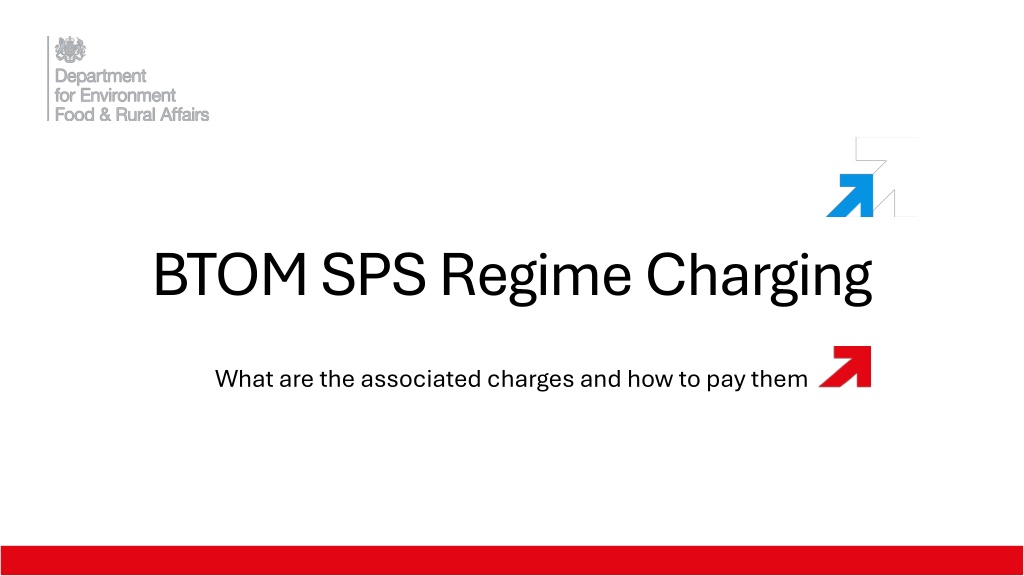


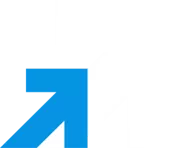








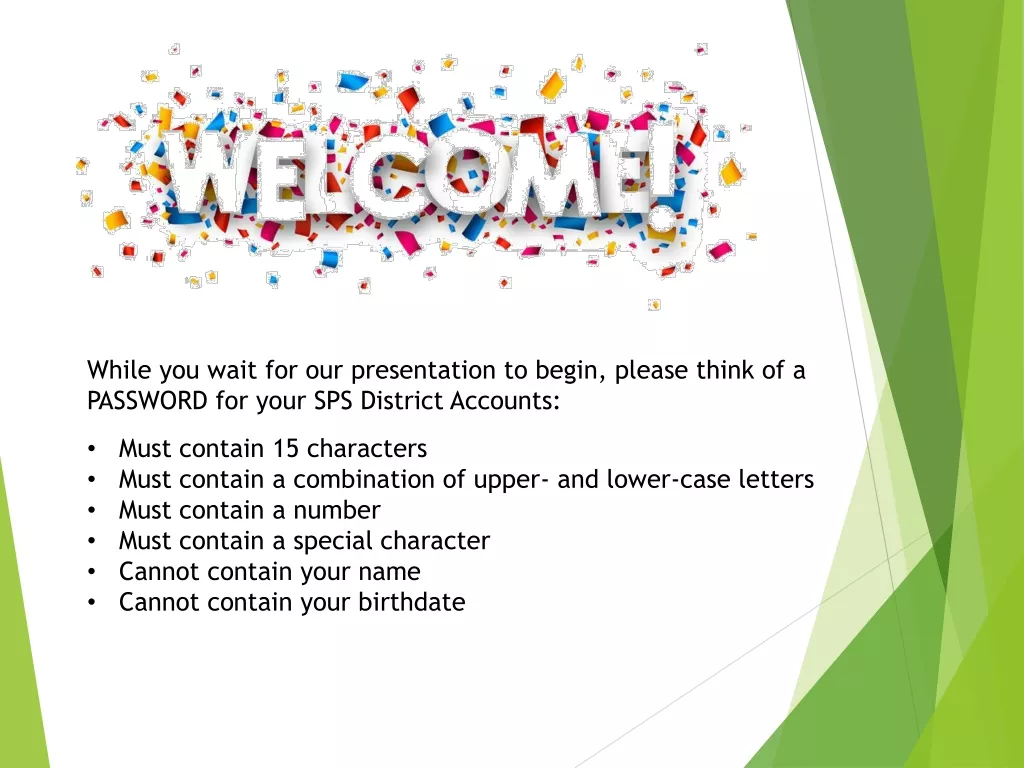
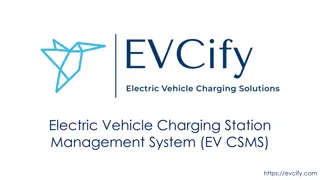



![Long-Range Wireless Charging Market Report & Analysis _ BIS Research [2024-2035]](/thumb/87166/long-range-wireless-charging-market-report-analysis-bis-research-2024-2035.jpg)




